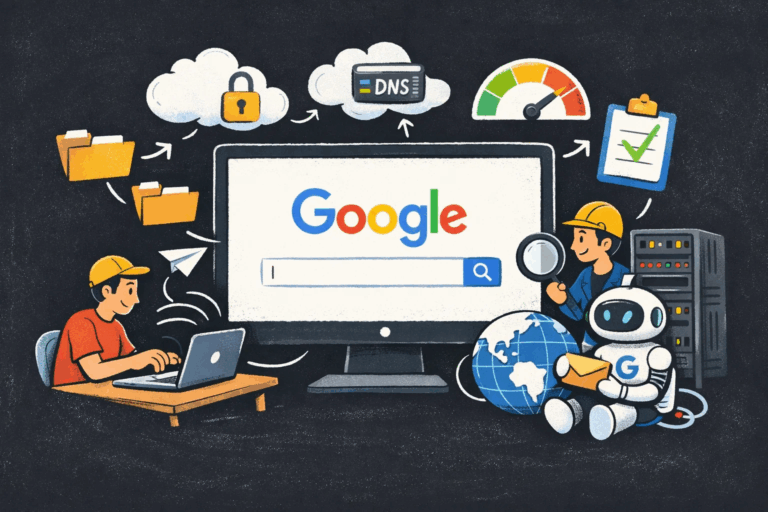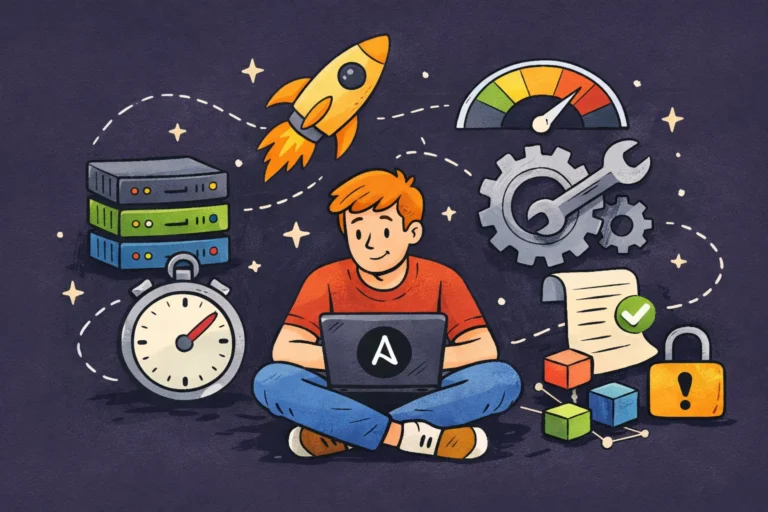In the highly competitive field of software engineering, crafting a compelling resume can be the key to unlocking lucrative opportunities.
Alex Nguyen, a former software engineer at Amazon and Microsoft, now at Google, shares his insights after landing an impressive $300,000 offer at Google. His resume not only opened doors but also became a guiding tool for many aspiring software engineers.
In this article, we delve into Alex’s strategies and debunk common misconceptions about job hunting in tech.

Table of Contents
The Resume’s Evolution
Before his roles at Microsoft and Amazon, Alex’s resume looked much like any other newcomer’s, highlighting just a few side projects. This illustrates an important point: everyone begins somewhere, and what truly matters is how your resume evolves. Alex emphasizes that while experience is helpful, the way you present and communicate that experience can be the real game-changer.
Referrals vs. Cold Applications
Referrals are often seen as a golden ticket in the job market, but Alex’s journey to Google was purely through a cold application, shattering the myth that referrals are indispensable. He points out that referrals, while helpful, are so common in large tech companies that they don’t always provide a significant edge. The reality is that 60% of jobs are found without referrals, suggesting that a well-crafted application can be just as effective.
Without Referrals (60%)
9 Strategies to Enhance Your Resume
Alex distills his resume-building wisdom into nine key strategies:
- Avoid Repetition:
- Each bullet point on your resume should highlight a different skill or experience. Repeating the same skill multiple times can make your resume look redundant. Recruiters appreciate diversity in skills and roles.
- Highlight Teamwork:
- Discuss your experience working with cross-functional teams, such as product managers, UX designers, or other departments. This shows that you can collaborate effectively, a highly valued trait in most work environments.
- Emphasize Impact:
- Instead of merely listing your responsibilities, focus on the impact you made. Did you increase efficiency, reduce costs, or improve processes? Quantify your achievements where possible to demonstrate your value.
- Format for Readability:
- Your resume should be visually appealing and easy to read. Use clear fonts, adequate spacing, and section headings effectively. A well-formatted resume is more likely to be read in its entirety.
- Value Experience Over Completion:
- It’s okay to include projects or tasks that are still in progress or were not fully completed. What’s more important is demonstrating your initiative, the skills you applied, and what you learned from the experience.
- Use Recognizable Job Titles:
- Use job titles and descriptions that are standard in the industry. This ensures that recruiters immediately understand the nature of your past roles, even if they’re not familiar with specific company structures.
- Incorporate Engineering Jargon:
- Including relevant technical terms and engineering concepts in your resume can help you connect with the reader on a professional level. It reinforces your credibility and suitability for a role.
- Simplicity is Key:
- Avoid cluttering your resume with too much information or unnecessary details. Stick to the most relevant and impactful points. A clean, straightforward resume is easier to review.
- Focus on Relevant Experience:
- Prioritize experiences that are directly related to the job you’re applying for. While it’s good to have a range of experiences, overloading your resume with every role you’ve ever had can dilute your key selling points.
Alex’s concluding advice emphasizes a strategic approach to job hunting, focusing on the balance between resume quality and application quantity.
The Formula for Securing Interviews
The formula underscores the importance of both a high-quality resume and a strategic application approach. He advises job seekers to focus on enhancing their resume’s quality before submitting numerous applications.
Conclusion
Alex’s story is a testament to the power of a well-crafted resume. It’s a practical guide for anyone, especially those in the software engineering field, looking to navigate the job market effectively.
His strategies offer a clear path for transforming a resume from a simple document into a potent tool for securing interviews and, ultimately, job offers.
Take inspiration from Alex’s journey and refine your resume with his strategies. Remember, the quality of your resume can be the difference between getting noticed and getting lost in the crowd.




